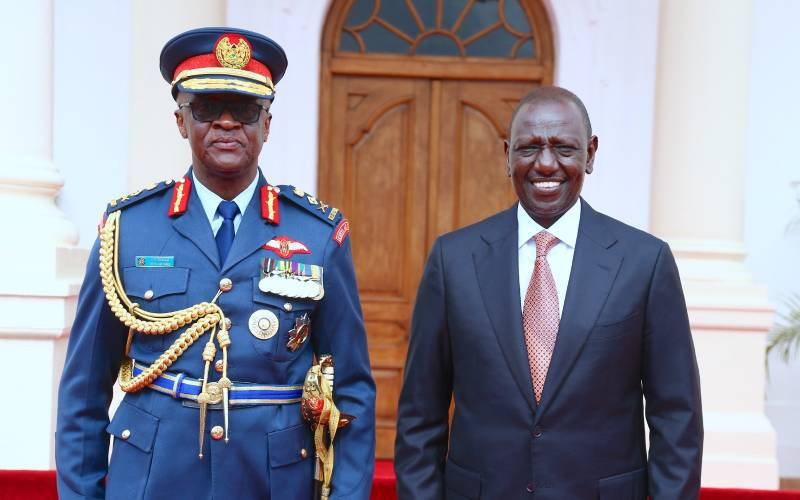NAIROBI: US President Barack Obama’s recent visit to Kenya revived dialogue on a number of important issues for the continent, including his administration’s Power Africa programme. Unveiled in 2013, Power Africa is working with governments, the private sector and other partners to add 30,000 megawatts of renewable power capacity in sub-Saharan Africa.
Kipeto wind farm, managed by Kipeto Energy, will be one of the first projects built under the Power Africa initiative. Located in Kajiado County, Kipeto will generate 100MW of electricity, cutting 250,000 tonnes of carbon dioxide emissions per year. It will be Kenya’s third privately-financed wind farm.
Renewables will play a key role in meeting the country’s energy needs. Only 35 per cent of Kenya is currently electrified, with demand for electricity rising by 7 per cent per year.
Of 2,200MW of installed capacity in Kenya, 1,500MW stem from renewable energy. Over 700MW of renewable energy projects are expected to be commissioned in the next three years.
ENERGY PRODUCTION
As we welcome the shift towards renewable power, we should remember the old adage – with power comes responsibility. Developers are responsible not only for energy production, but also protecting the land, livelihoods and well-being of the communities in the areas they operate.
For instance, in Kajiado, Kipeto has established a community development trust through which it will reinvest 5 per cent of its dividends into projects that benefit residents. If the firm generates its projected revenues, the trust could receive hundreds of thousands of dollars that could improve infrastructure, and set up schools, clinics and other projects. To avoid land disputes, Kipeto is also negotiating leases and way-leaves with landowners, which will provide residents with long-term revenue.
Responsible projects are made possible by responsible partners. Kipeto has backing from the World Bank’s International Finance Corporation (IFC), the African Infrastructure Investment Fund and Kenyan firm Craftskills Wind Energy International. Kipeto is being developed in line with IFC’s environmental and social standards, and the corporation’s expertise in financing and developing wind farms across the globe has been invaluable.
Kipeto has also benefited greatly from having a local partner involved in the project. Craftskills got the first rights to the Kipeto area in 2009 and started developing the site with support from General Electric (GE).
To reach universal electricity access by 2030, sub-Saharan Africa will need more than $300 billion (Sh30 trillion) in investment each year. But successful projects do not only generate electricity, they also generate stronger communities.
The writer is project director, Kipeto Energy.
 The Standard Group Plc is a
multi-media organization with investments in media platforms spanning newspaper
print operations, television, radio broadcasting, digital and online services. The
Standard Group is recognized as a leading multi-media house in Kenya with a key
influence in matters of national and international interest.
The Standard Group Plc is a
multi-media organization with investments in media platforms spanning newspaper
print operations, television, radio broadcasting, digital and online services. The
Standard Group is recognized as a leading multi-media house in Kenya with a key
influence in matters of national and international interest.
 The Standard Group Plc is a
multi-media organization with investments in media platforms spanning newspaper
print operations, television, radio broadcasting, digital and online services. The
Standard Group is recognized as a leading multi-media house in Kenya with a key
influence in matters of national and international interest.
The Standard Group Plc is a
multi-media organization with investments in media platforms spanning newspaper
print operations, television, radio broadcasting, digital and online services. The
Standard Group is recognized as a leading multi-media house in Kenya with a key
influence in matters of national and international interest.





